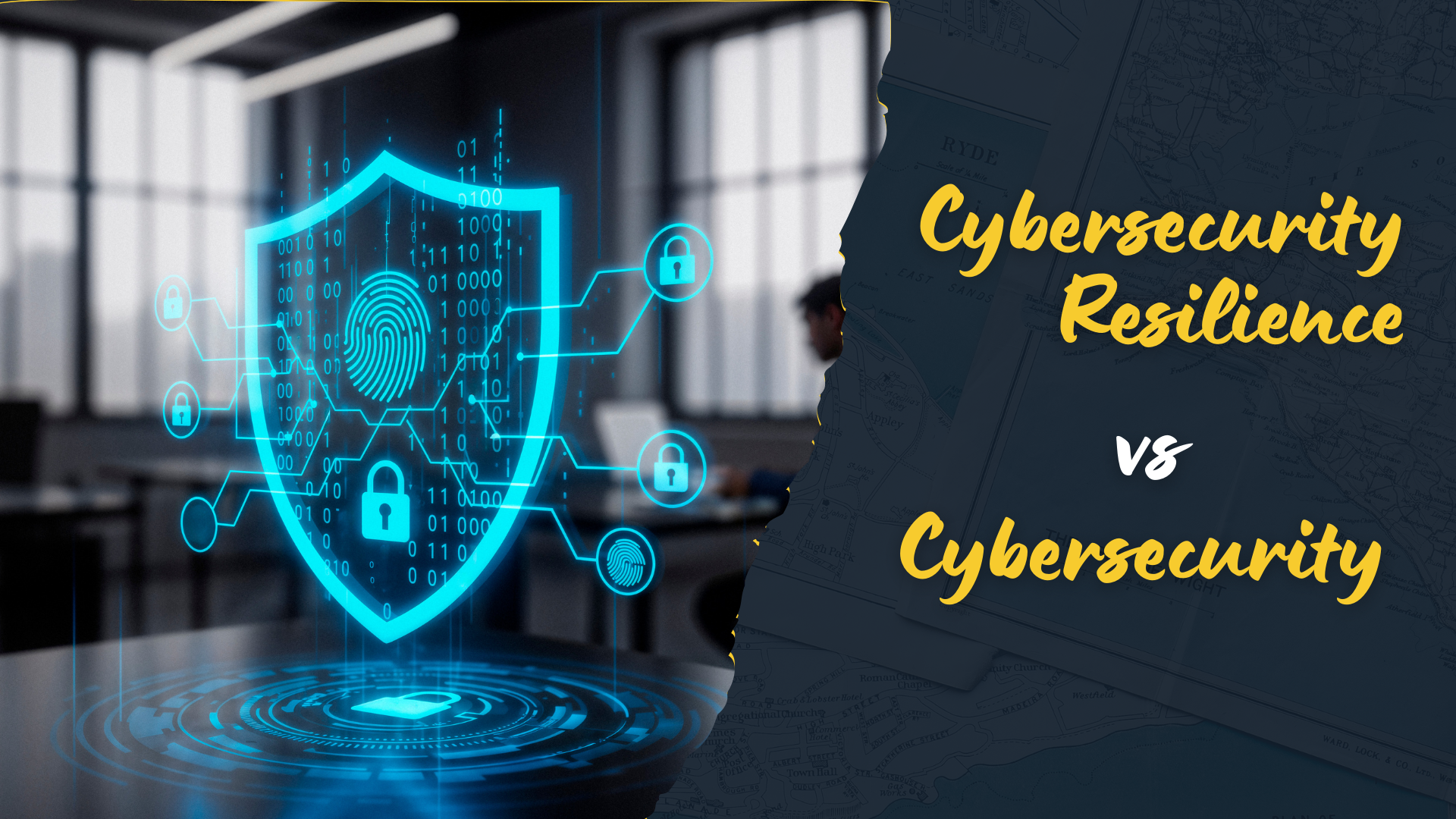In recent years, Japan has faced a series of significant cybersecurity incidents that have tested the resilience of its governmental and technological infrastructures. These breaches have not only exposed vulnerabilities in critical sectors but have also prompted a reevaluation of Japan’s cybersecurity policies and defense capabilities. As global cyber threats grow increasingly sophisticated, Japan has found itself in a delicate position, balancing technological progress with the ever-present danger of digital infiltration. This blog delves into the major cyberattacks targeting Japanese government entities and high-profile organizations, examines the responses to these threats, and explores the broader implications for national security and international cooperation.
Major Incidents Exposing Japan’s Cybersecurity Gaps
The 2023 Line Corporation Data Breach

One of the most prominent cybersecurity incidents in Japan occurred in October 2023, when Line Corporation, the operator of Japan’s widely used messaging app, experienced a major data breach. The breach affected over 440,000 users and stemmed from unauthorized access via a subcontractor’s computer. The subcontractor shared an authentication system with Line, which provided a backdoor for hackers to infiltrate Line’s systems.
The exposed data included user demographics, service usage history, and customer inquiry details. Particularly concerning was the fact that Line is not just a messaging platform—it is integrated with several public and private services, such as digital payments, health notifications, and disaster alerts. The breach triggered widespread public concern, leading to heightened scrutiny of data management practices in companies closely tied to public life.
In response, the Japanese government ordered Line and its parent company, Naver, to separate their systems. The Ministry of Internal Affairs and Communications also conducted an investigation into the data breach, mandating new data governance structures to prevent future incidents. Line implemented enhanced security protocols, including stricter access controls and employee cybersecurity training, to regain public trust.
MirrorFace Cyber Espionage Campaign
From 2019 through 2024, Japan experienced an alarming series of cyberattacks linked to the Chinese state-backed hacking group MirrorFace. These attacks targeted a broad range of high-value entities, including the Ministry of Defense, the Ministry of Foreign Affairs, the Japan Aerospace Exploration Agency (JAXA), Japan Airlines, political think tanks, and individual politicians and journalists.
MirrorFace employed advanced phishing tactics, frequently using malware-laced attachments in emails masquerading as legitimate government or business communications. Once inside a network, the malware facilitated data exfiltration and reconnaissance, allowing hackers to access classified documents, diplomatic communications, and defense planning materials. The group also exploited known vulnerabilities in VPN servers used by public agencies.
In a public briefing in early 2024, Japan’s National Police Agency confirmed over 200 cyberattacks tied to MirrorFace. This marked one of the most severe waves of cyber espionage Japan had encountered. The revelation intensified calls within the Japanese parliament for strengthened cyber intelligence capabilities and raised questions about the country’s ability to independently attribute and respond to foreign cyberattacks.
Japan Airlines Cyberattack
In December 2023, Japan Airlines (JAL) faced a major cybersecurity incident when its network was overwhelmed by a distributed denial-of-service (DDoS) attack during the busy year-end travel season. The attack caused delays for 24 domestic flights, inconveniencing thousands of passengers. Investigations later confirmed that the airline’s network had received unusually massive data transmissions that temporarily incapacitated its online check-in and flight scheduling systems.
While no customer data was compromised, the incident highlighted the fragility of critical infrastructure against cyber sabotage. JAL took swift action to block the attack and worked with government agencies to fortify its systems. In the aftermath, the company collaborated with cybersecurity firms to implement a multi-tiered threat detection system and adopted real-time network monitoring.
Government’s Response to Cyber Threats

In the wake of these incidents, Japan has taken several major steps to bolster its cybersecurity infrastructure:
- Legislative Actions: The government has worked to introduce and strengthen legislation aimed at protecting critical infrastructure and private sector networks. The Basic Act on Cybersecurity, initially enacted in 2014, has undergone revisions to adapt to modern threats. Japan also launched a bill to legally mandate cybersecurity protocols for companies engaged in national defense and public utilities.
- Creation of Specialized Cyber Units: The Self-Defense Forces (SDF) launched a cyber defense command in 2022, bringing together experts from across military branches to coordinate cyber operations. This unit has been tasked with both defensive and offensive cyber operations, allowing Japan to deter or retaliate against state-sponsored cyber threats.
- International Cooperation: Recognizing that cyber threats transcend borders, Japan has deepened its alliances with global cybersecurity partners. In particular, Japan has discussed joining the AUKUS security pact’s cybersecurity initiatives alongside the U.S., U.K., and Australia. The government also signed cybersecurity cooperation agreements with ASEAN countries, the European Union, and NATO.
- Public Awareness Campaigns: Japan’s Ministry of Economy, Trade and Industry (METI) launched national awareness campaigns to educate small businesses and the public on best practices in cybersecurity. These include training on identifying phishing scams, safe password management, and regular software updates.
- Investing in Cybersecurity Research: Japan increased funding for cybersecurity R&D, encouraging universities and tech companies to innovate in areas such as quantum-safe encryption, AI-driven threat detection, and cybersecurity education.
Challenges and Future Outlook
Despite its progress, Japan continues to face several challenges:
- Shortage of Cybersecurity Professionals: Japan is grappling with a significant skills gap in the cybersecurity sector. Estimates suggest the country is short by over 200,000 cybersecurity experts. Government and industry have launched scholarships and fast-track certification programs, but closing the gap will take time.
- Slow Legal Reforms: The legal and bureaucratic process for approving new cybersecurity laws can be cumbersome. Delays in legislative action often leave critical systems exposed to evolving threats.
- Sophisticated Adversaries: Japan’s cyber adversaries are among the most technically advanced in the world. The country must continuously upgrade its cyber capabilities to defend against zero-day exploits, supply chain attacks, and AI-enhanced threats.
- Public-Private Cooperation Gaps: While progress has been made, communication between government agencies and private sector players is not always seamless. Enhancing trust and real-time data sharing is crucial to a cohesive national cybersecurity strategy.
Conclusion
Japan’s recent encounters with cyberattacks underscore the pressing need for a robust, adaptable, and forward-thinking cybersecurity framework. As the country navigates geopolitical tensions, technological innovation, and increased digital dependency, it must remain vigilant against an ever-changing threat landscape. By continuing to strengthen legislation, invest in talent, foster international partnerships, and engage the public, Japan is positioning itself to not only defend its cyberspace but also lead by example in the global cybersecurity arena.
While the path forward is complex, Japan’s proactive response to recent breaches suggests a nation ready to rise to the challenge. As cyber warfare becomes an increasingly common tactic in global power struggles, Japan’s experience offers key lessons in resilience, accountability, and the strategic value of cybersecurity preparedness.
References: Wikipedia – Line (software)




